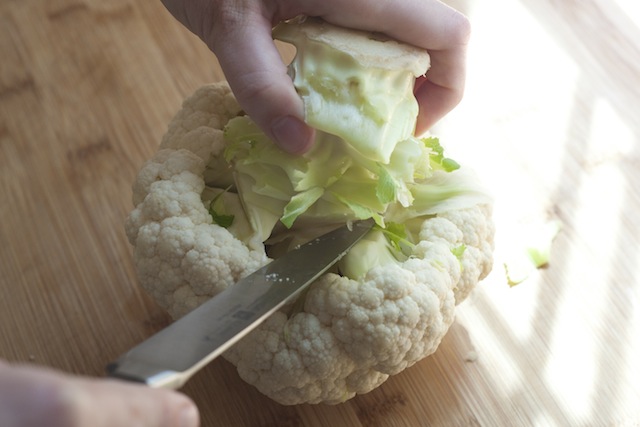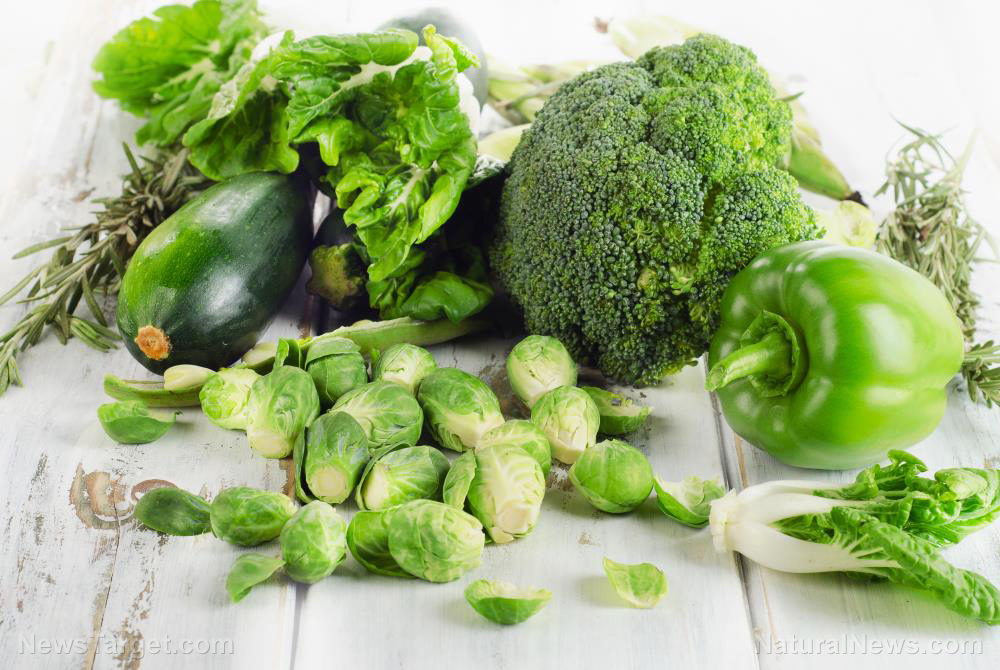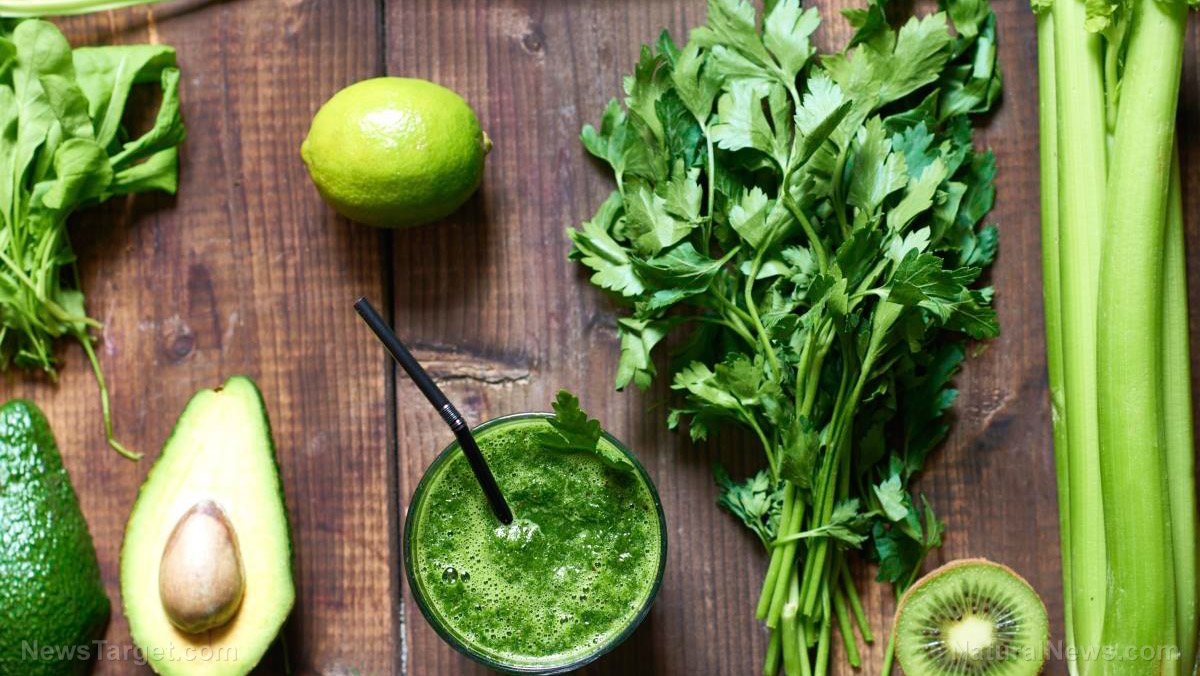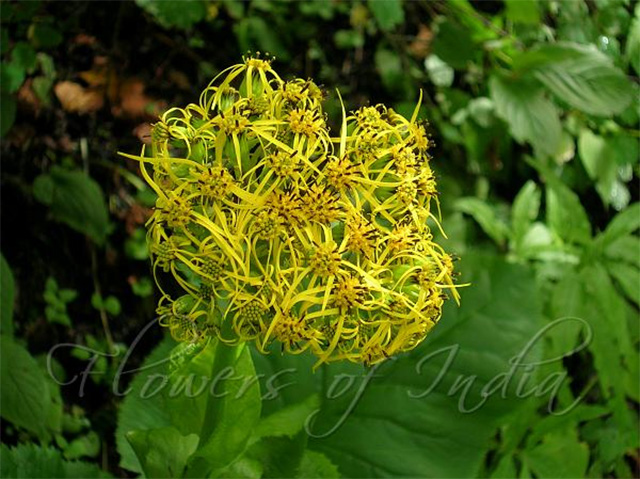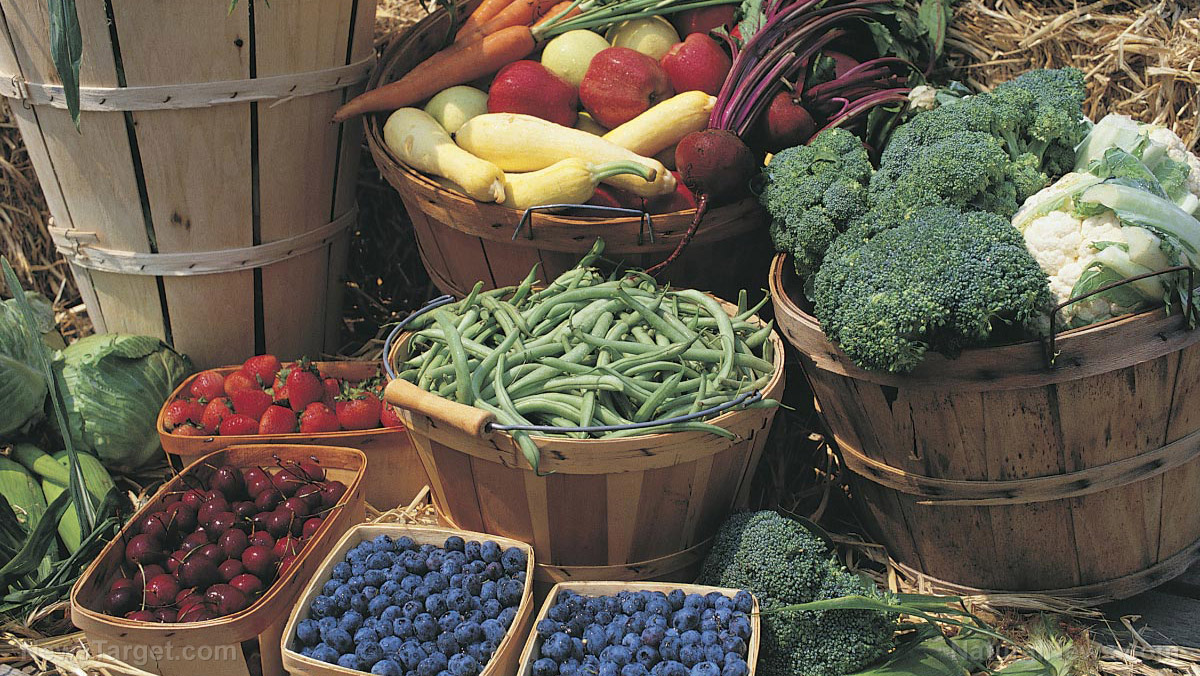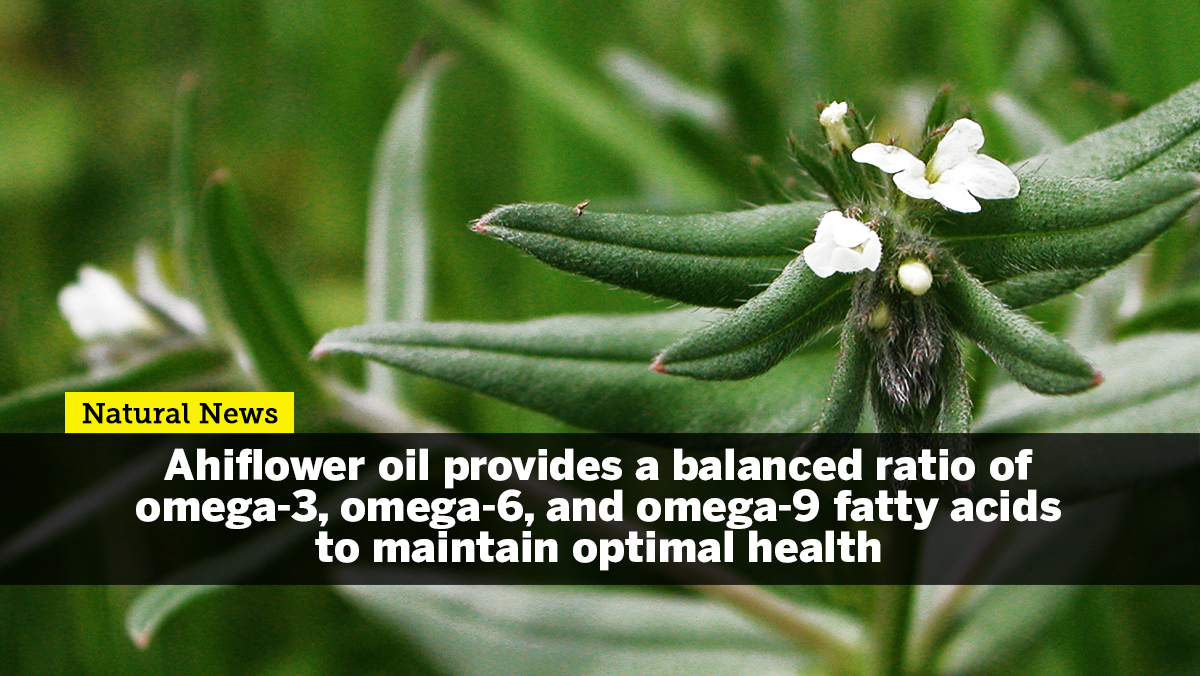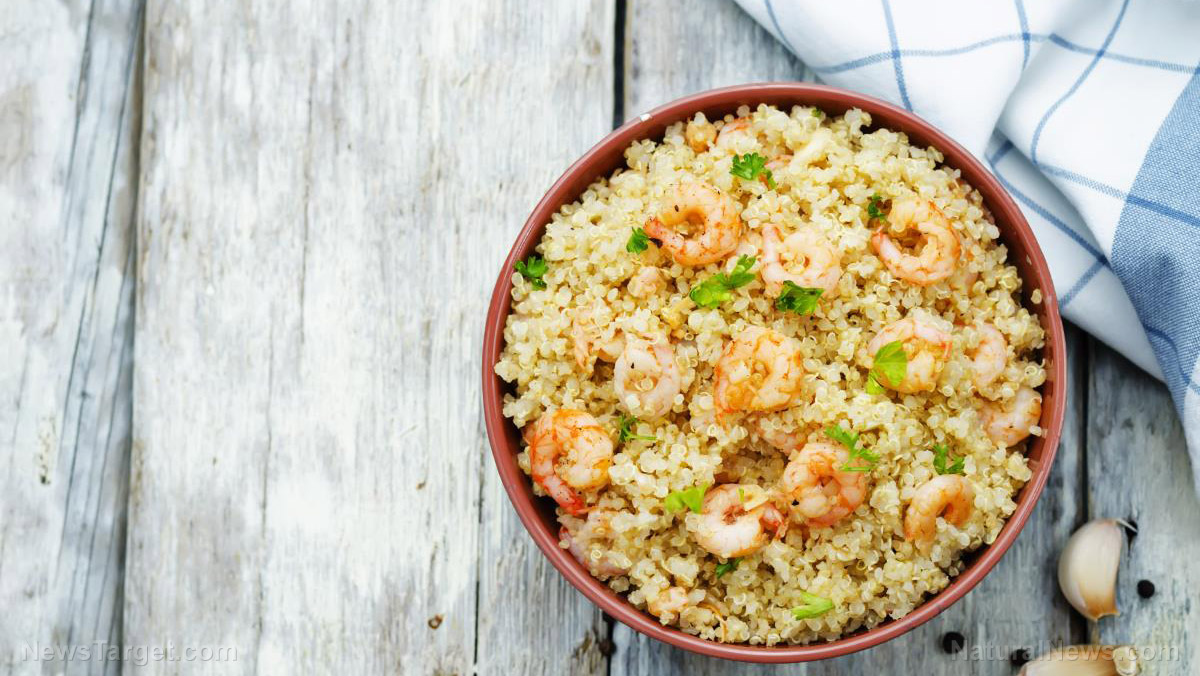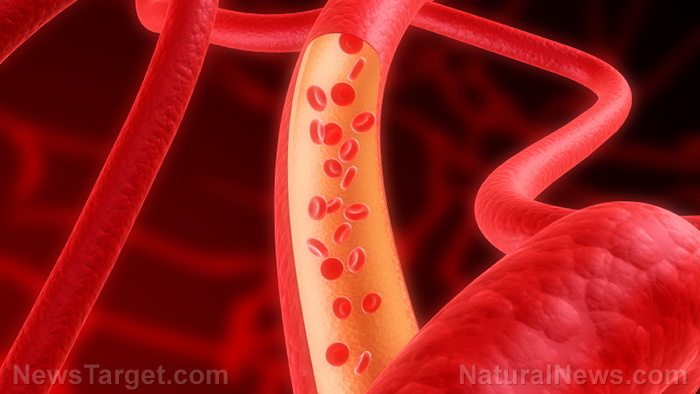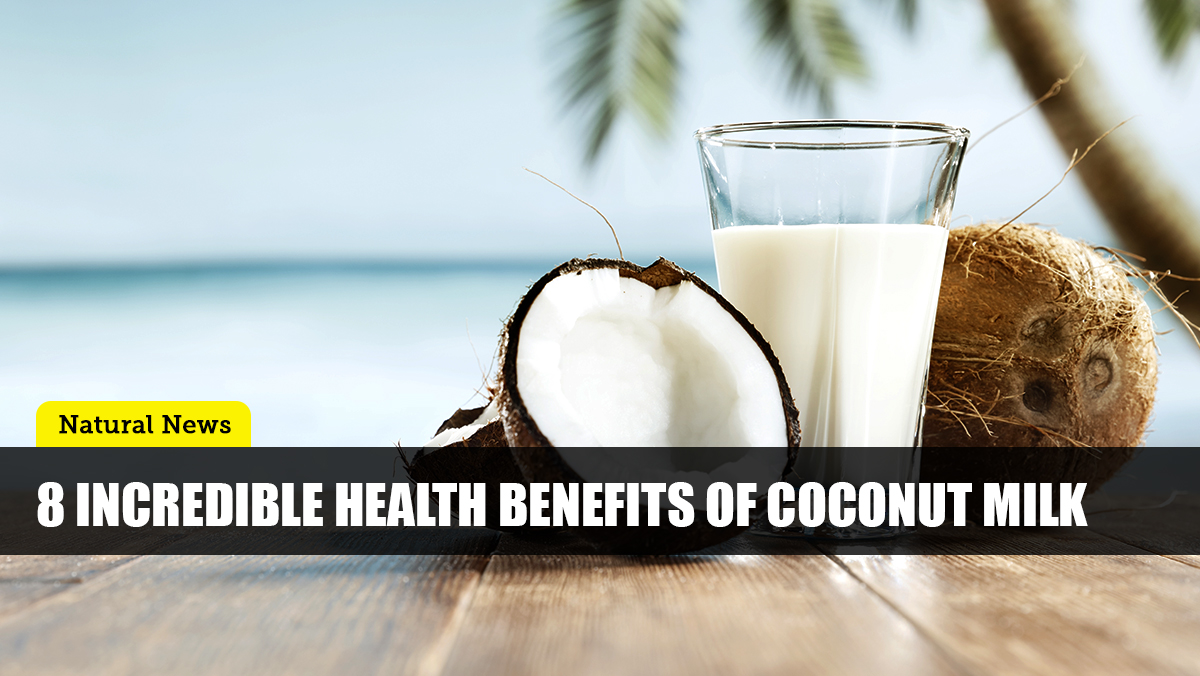What do turmeric, apples and grapes have in common? Scientists have found they all help treat prostate cancer
10/13/2019 / By Darnel Fernandez

Prostate cancer is among the leading cancers in men in the U.S., second only to skin cancer. The American Cancer Society estimates around 174,650 new cases of – and 31,620 deaths from – prostate cancer each year, in its latest report. Fortunately, new evidence suggests that eating certain foods could play a role in starving – or even preventing – cancer.
A natural roadblock for cancer
Researchers from the University of Texas at Austin identified several natural compounds found in foods such as red grapes, apple peels, and turmeric, that can thwart the growth of prostate cancer.
This study, published in the journal Precision Oncology, found that specific combinations of these compounds have the potential to shrink prostate tumors.
Previous studies have also identified compounds, particularly those found in plant-based foods, that can reduce the risk of prostate cancer. This current study, however, focused on using a novel analytical approach to screen numerous plant-based chemicals instead of testing only a single chemical.
“After screening a natural compound library, we developed an unbiased look at combinations of nutrients that have a better effect on prostate cancer than existing drugs,” said corresponding author Stefano Tiziani, an assistant professor for nutritional science at UT Austin. “The beauty of this study is that we were able to inhibit tumor growth in mice without toxicity.”
The researchers used a high-throughput screening technique to test 142 phytochemicals on murine and human cells with the aim of identifying which natural compound is most effective at inhibiting the growth of prostate cancer. The compounds were administered individually and in combination with another nutrient to provide a thorough analysis.

|
Discover how to prevent and reverse heart disease (and other cardio related events) with this free ebook: Written by popular Natural News writer Vicki Batt, this book includes everything you need to know about preventing heart disease, reversing hypertension, and nurturing your cardiac health without medication. Learn More. |
The results identified three compounds that were the most promising active ingredients – ursolic acid found in apple peels and rosemary, resveratrol found in berries and red grapes, and curcumin found in turmeric.
This study also highlights the potential of these compounds when used in combination with each other. The team found that ursolic acid combined with either curcumin or resveratrol could prevent prostate cancer cells from consuming glutamine – an amino acid these cells need to grow. This essentially “starves” the cancer cells to death. Additionally, these compounds did not have any toxic effects on the mice.
However, the researchers noted that the concentrations of these compounds use for research is significantly higher than what one would normally consume in a diet. But the team still believes that their findings show promise for a natural way to prevent prostate cancer.
“These nutrients have potential anti-cancer properties and are readily available,” said Tiziani. “We only need to increase concentration beyond levels found in a healthy diet for an effect on prostate cancer cells.”
Fighting cancer through food
The results of the study show that what you eat can potentially affect the many aspects of your health, especially in reducing the risk of developing chronic diseases like cancer. You can help fight cancer by adding these foods to your diet:
- Broccoli – Broccoli contains a lot of sulforaphane – a plant compound found in cruciferous vegetables. Research has shown that this compound could have potent anticancer properties. (Related: Boost anti-cancer properties of broccoli by spicing it up.)
- Brazil nuts – These nuts are a rich source of selenium, a mineral with the potential to reduce lung cancer risk among individuals with lower selenium status. However, practice moderation when consuming brazil nuts. Too much selenium can give you selenium poisoning.
- Olive oil – Olive oil is also considered an anti-cancer food. A systematic search of relevant studies has shown that an increase in olive oil consumption is linked to a lower risk of developing breast cancer.
Having a balanced diet is essential to a healthy lifestyle. By consuming these foods, you can help improve your overall health and reduce the risk of developing cancer.
Sources include:
Nature.com [PDF]
Tagged Under: alternative medicine, apple peels, breast cancer, cancer killer, chronic diseases, curcumin, disease treatments, food cures, food is medicine, functional food, glutamine, lung cancer, men's health, natural cures, natural medicine, organics, phytonutrients, prevention, Prostate cancer, Red Grapes, resveratrol, risk reduction, sulforaphane, tumors, turmereic, turmeric, ursolic acid, women's health
RECENT NEWS & ARTICLES
Natural.News is a fact-based public education website published by Natural News Features, LLC.
All content copyright © 2018 by Natural News Features, LLC.
Contact Us with Tips or Corrections
All trademarks, registered trademarks and servicemarks mentioned on this site are the property of their respective owners.

